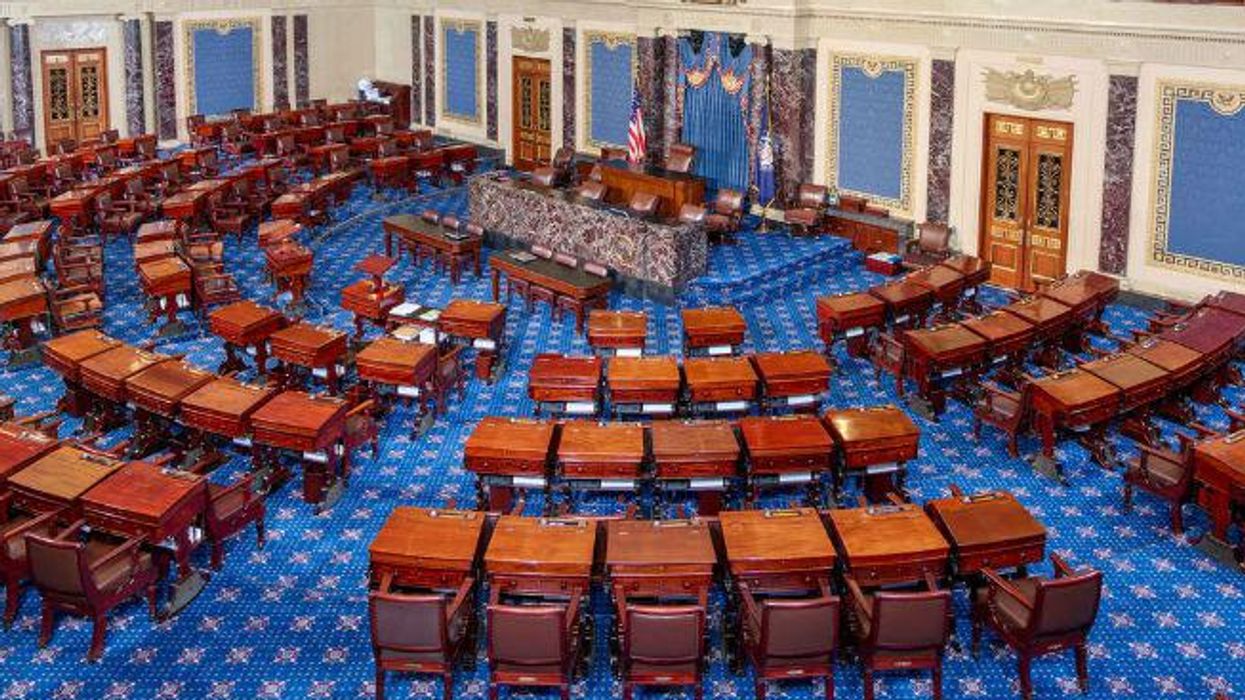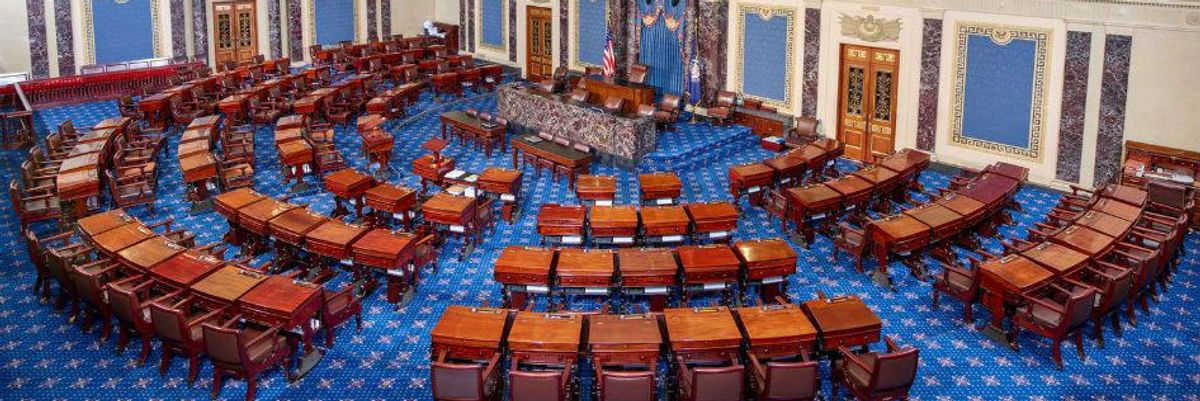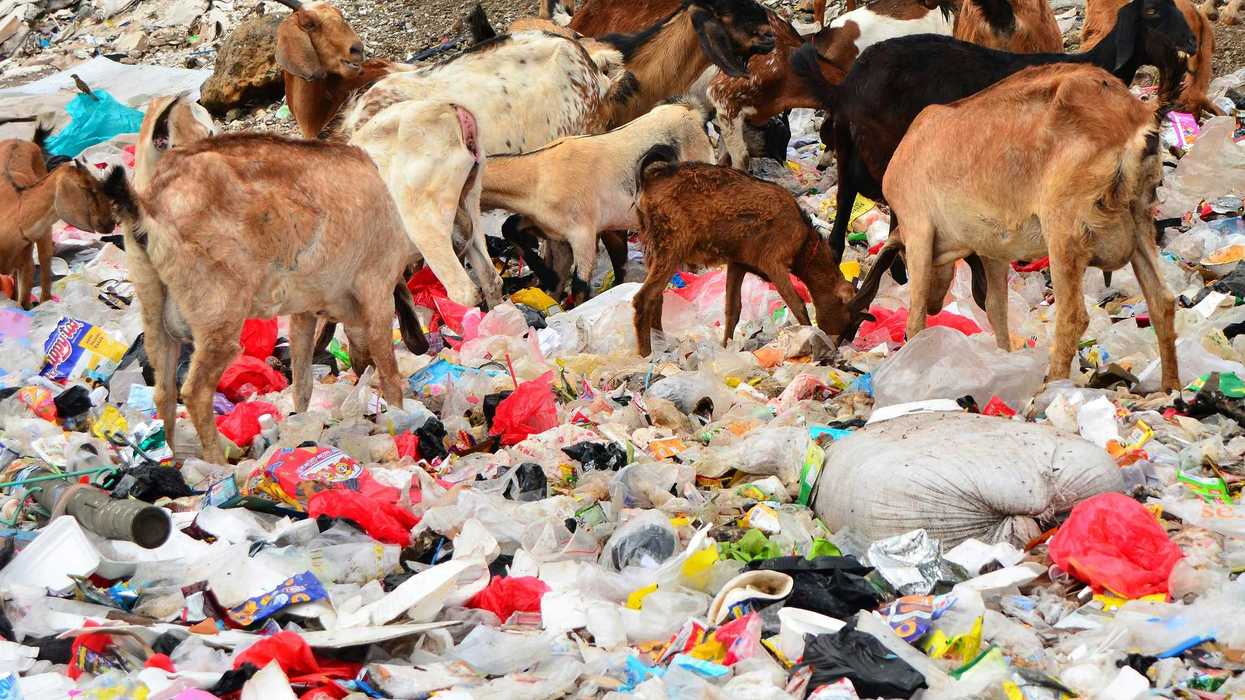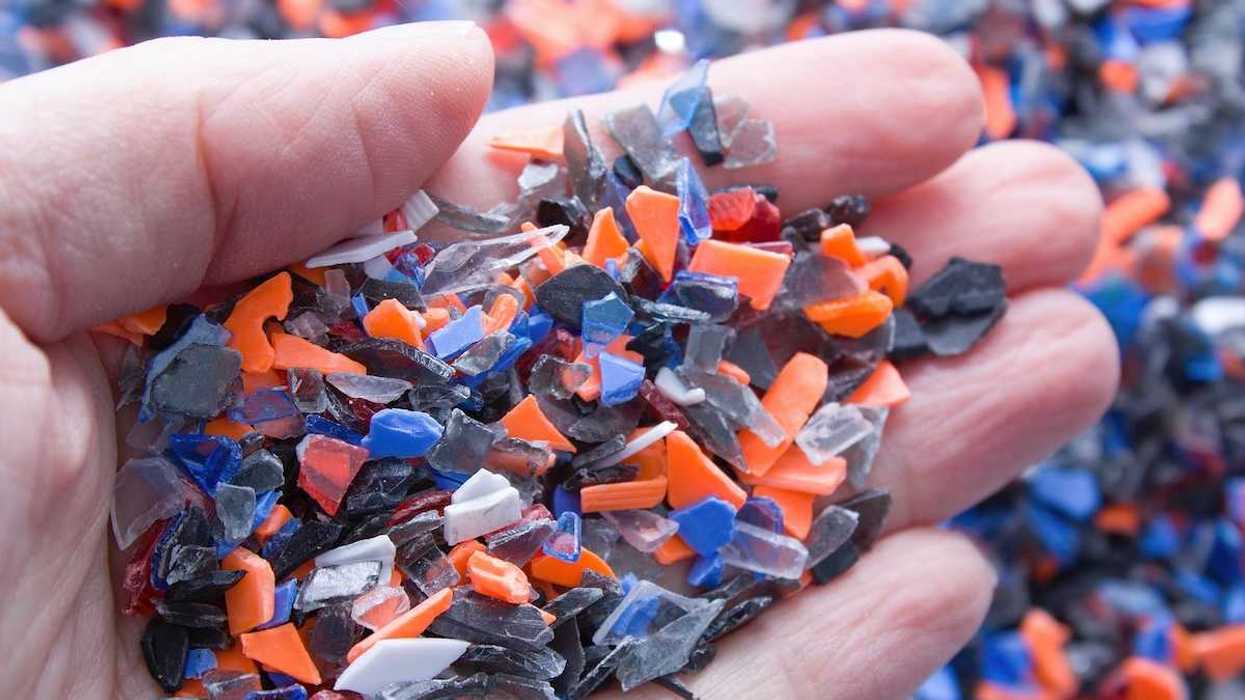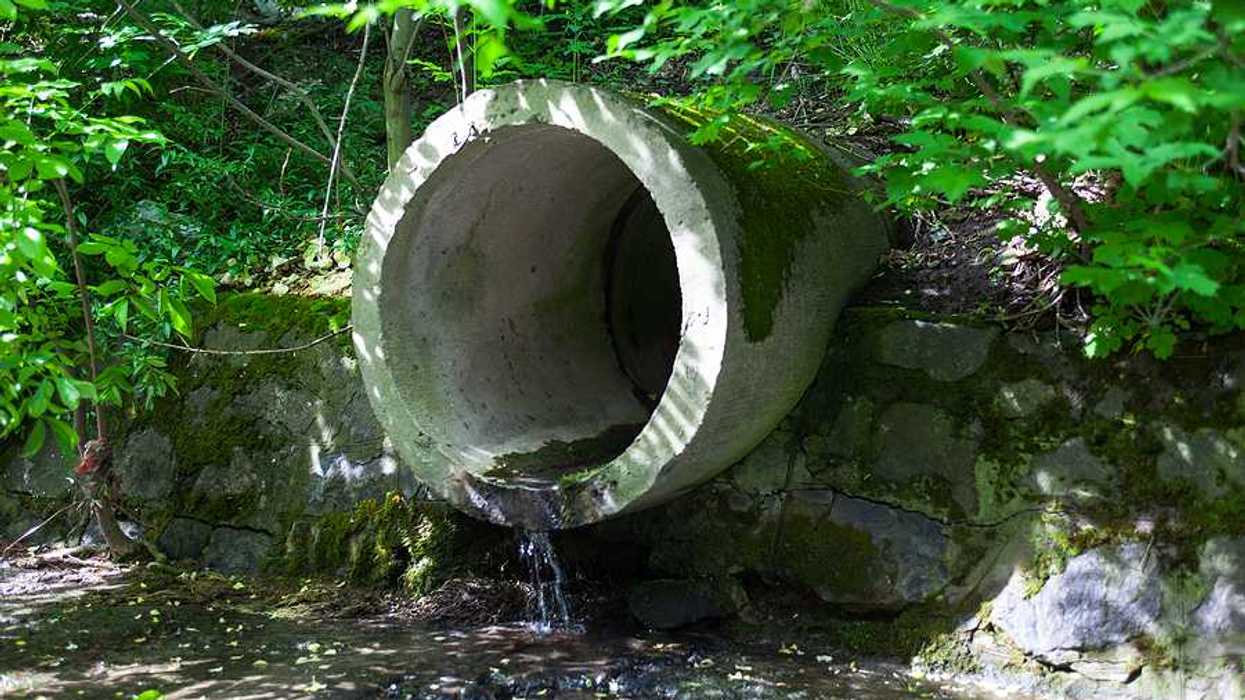This has been a banner year for made-up science: from horse-medicine COVID cure-alls to the reliable potions and hexes of climate change contempt, 2021 has it all.
And with habitat loss and extinction, the appalling rise of plastic pollution, and the elapsing clock for climate action, it's a particularly bad time for ignorance to stage a comeback.
In 1980, the League of Conservation Voters' National Environment Scorecard—an annual report ranking members of Congress on their environmental votes—showed a clear, but not overwhelming, gap between Democrats and Republicans. Fifty-four percent of Democratic House members voted for LCV's preferred agenda of environmental bills; Republican members weren't that far behind at 37%. I like to point out that a young Georgia Representative named Newt Gingrich scored 50% on the LCV ballot that year, easily outpointing a young Tennessee Democrat named Al Gore at 35%.
Fast-forward to the 2000 session, where the partisan divide deepened to 77% (Democrats) to 17% (Republicans). By 2019, it had worsened even more to 95% to 13%. Measured by Congressional votes, the environment was no longer a bipartisan issue.
Or look at it this way: When George W. Bush appointed former New Jersey Governor Christie Whitman to serve as his Environmental Protection Agency Administrator, it was further evidence of a faint environmental pulse within the GOP.
But it may have been one of the final bits of evidence. Whitman had earned some grudging respect as a New Jersey governor. But all such respect ended, she said, in Cabinet meetings, where she was "flipped the bird" by Vice President Dick Cheney over climate change concerns.
Other early EPA picks by the GOP included Bill Ruckelshaus, who served as the first EPA boss under Nixon, and who was brought back after Ann Gorsuch drove the Reagan-era EPA into scandal. William K. Reilly led the EPA under George H.W. Bush after running the U.S. branch of the World Wildlife Fund.
With oil man Dick Cheney having effectively run off the last Republican environmentalist in power and the Tea Party on the rise, a decade of wheels-off stuff ensued. In 2014, Tennessee Congresswoman Marsha Blackburn, a hardcore climate denier, went on a rampage on the House floor decrying energy-efficient compact fluorescent lightbulbs.
Now, she's U.S. Senator Marsha Blackburn of Tennessee.
Wait, isn't that what Al Gore used to be? And with coal state Senator Joe Manchin calling the shots on this week's budget churner, can we say we've made much progress at all?
And one final head-scratcher for you: At 46%, Maine's Susan Collins was the greenest Republican Senator. Would you have guessed that, at 23%, Mitch McConnell is Number Two?
Peter Dykstra is our weekend editor and columnist and can be reached at pdykstra@ehn.org or @pdykstra.
His views do not necessarily represent those of EHN, The Daily Climate, or publisher, Environmental Health Sciences.
Banner photo: Senate.gov

